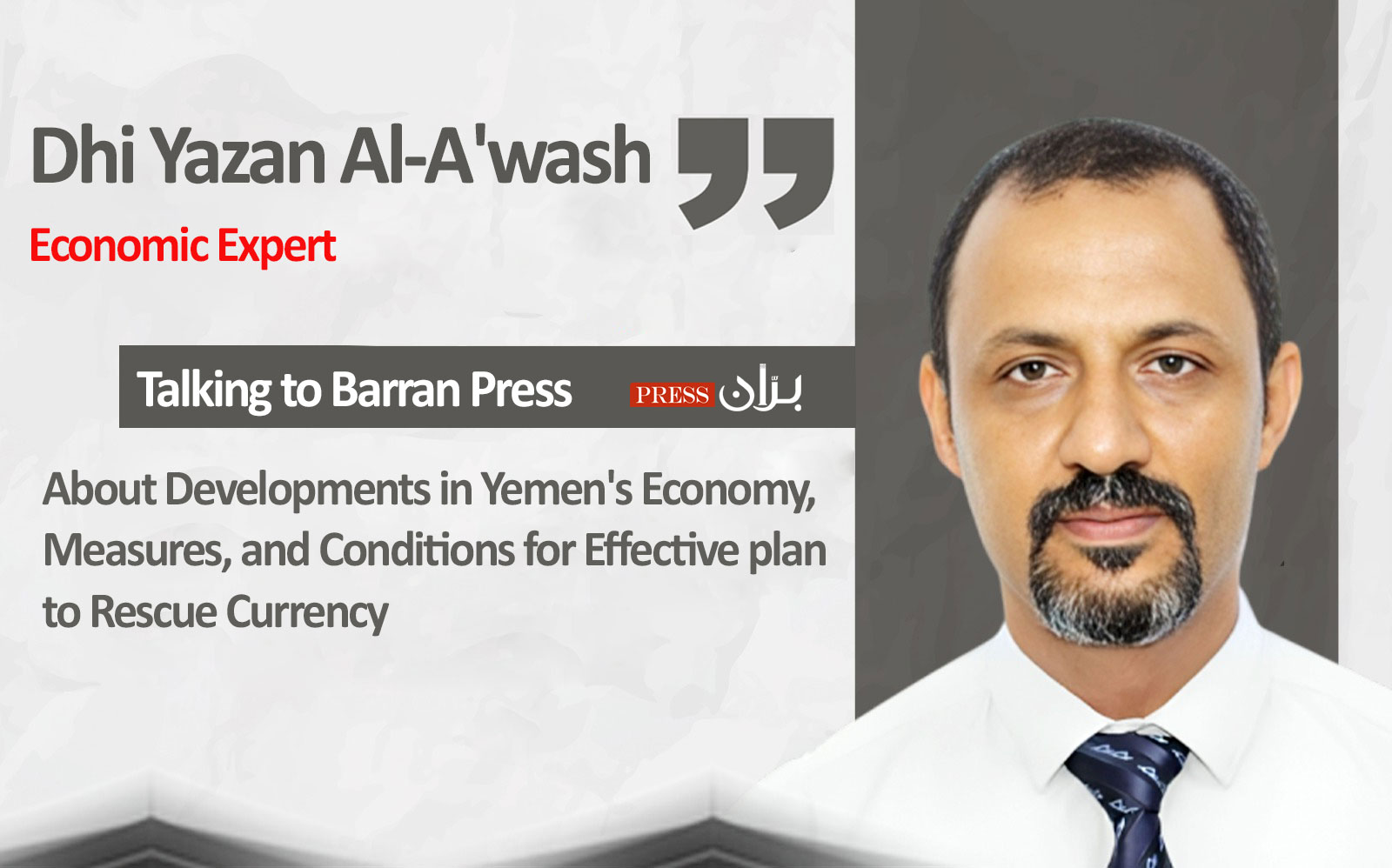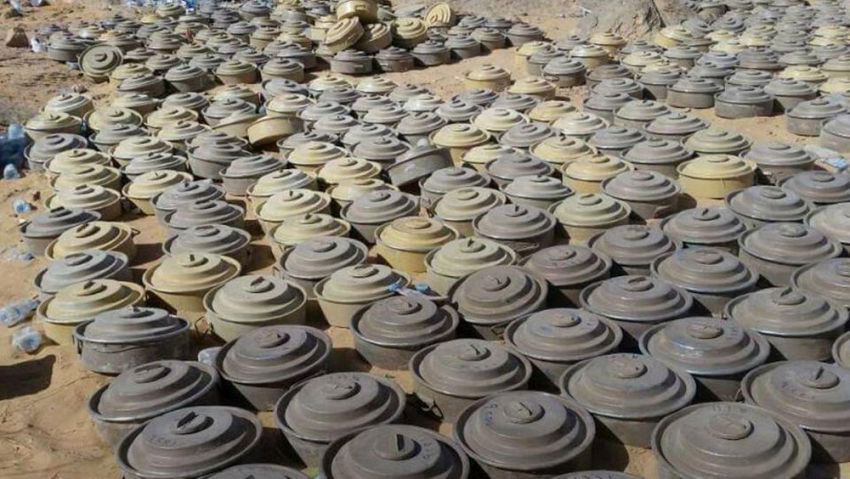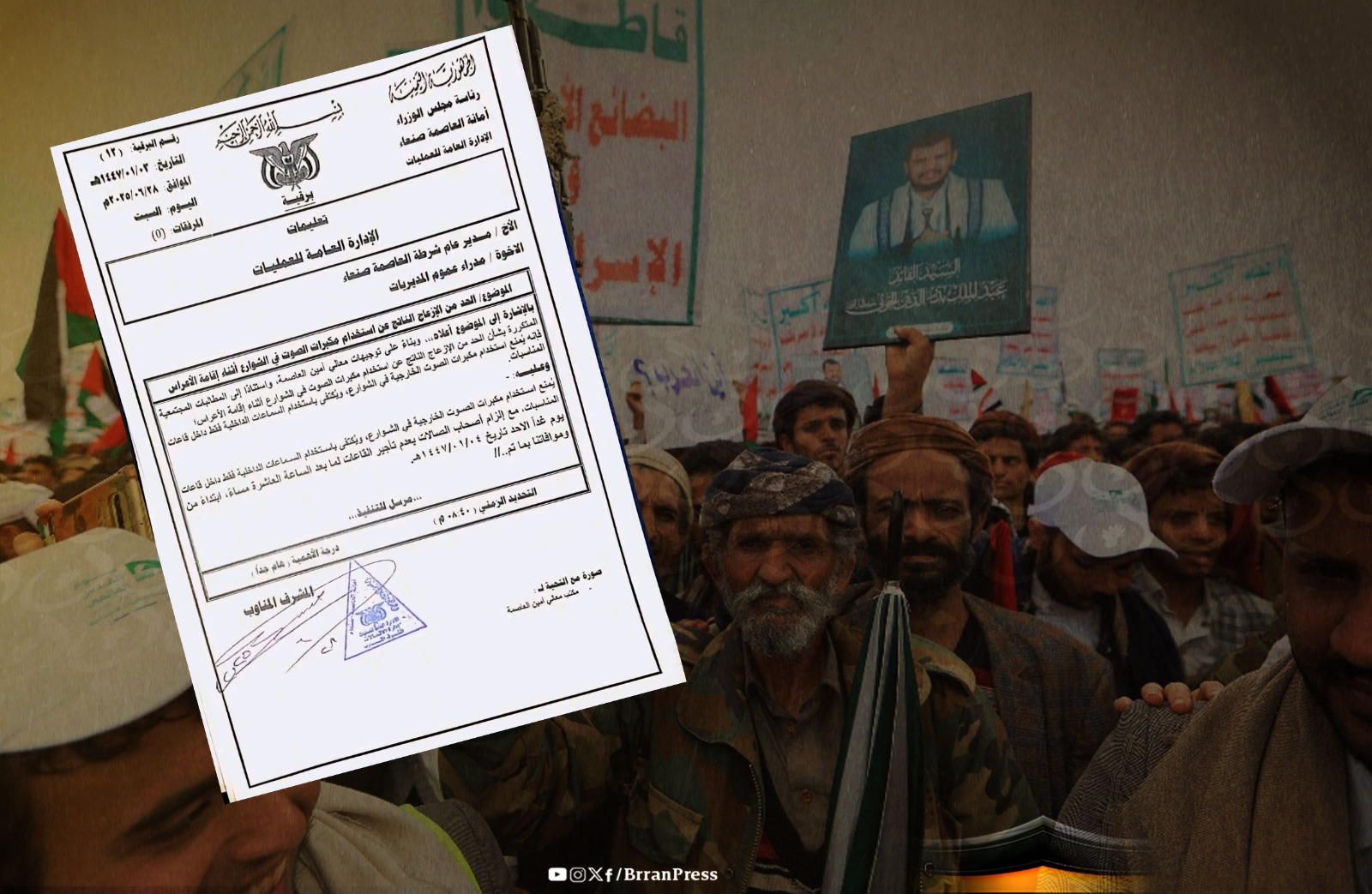
Barran Press
Since the beginning of last week, Aden, the declared interim capital of Yemen, has witnessed intensified government efforts aimed at stabilizing the local currency and preventing its complete collapse. The Yemeni rial has recently plummeted, with the dollar exceeding 2,000 rials, marking the lowest exchange rate in the country's history.
In response, President Rashad Al-Alimi has turned to "security measures" as part of a broader strategy to rescue the Yemeni rial. This includes actions to protect the national currency, deter speculators, and support the central bank’s financial policies, alongside other agreements made with bank leadership.
Economic expert Dhi Yazan Al-A'wash, also the editor-in-chief of the International Journal of Economic Studies in Berlin, spoke to "Barran Press" about the ongoing economic developments and the effectiveness of the proposed security measures.
Inevitable Consequences
Al-A'wash characterized the recent decline of the Yemeni rial as "an inevitable and logical outcome of years of negligence and economic mismanagement by the Yemeni government." He emphasized that the current economic situation had been predictable, having warned about it four years ago when the Saudi riyal was valued at just 240 rials.
He noted, "I indicated in a televised interview that ignoring economic reforms would lead to currency collapse, predicting it would reach 550 rials per Saudi riyal, and now it has exceeded 530."
A weak government position
Al-A’wash lamented the lack of a strong government response over the past eight years, except for the commendable actions taken by the Central Bank Governor, Ahmed Ghaleb Al-Ma’baqi. His decisions to relocate banking operations to Aden and establish a unified financial network were seen as potentially transformative for the economy.
He expressed frustration that even these efforts to rescue the economy have been thwarted by external interventions, with the tacit approval of government leaders.
Causes of Collapse
According to Al-A’wash, the current collapse of the rial is due to several key factors, including a decline in foreign currency supply caused by import requirements and a significant drop in cash inflows due to halted oil exports. Additionally, the phenomena of money laundering and local investments fleeing abroad have exacerbated the situation, leading to a depletion of foreign currency within the economy.
He also pointed to the growth of speculation and black markets, which have significantly contributed to currency volatility.
Limited Effectiveness of Government Measures
In discussing the government's response to the economic downturn, Al-A’wash mentioned that measures include coordinating financial and monetary policies to implement reforms, enhancing transparency and governance, and conducting central bank dollar auctions. However, he believes these measures will have limited effectiveness for several reasons.
First, he noted that the timing of these actions has been delayed, stating, "These should have been implemented four years ago." He warned that the deteriorating situation might necessitate external support and intervention for recovery.
Moreover, for these measures to be effective, they must be applied comprehensively and continuously across the economy. He emphasized the need for effective and efficient state institutions working in tandem, a condition that the current government lacks.
The final reason he cited for limited effectiveness relates to the fragmentation of the economic system in liberated areas, where some provinces refuse to remit public revenues to the central bank in Aden.
Security Measures
Al-A’wash highlighted a recent "emergency" meeting chaired by President Al-Alimi with the High Security Committee. The meeting aimed to enhance the committee's role in supporting the central bank and enabling it to manage monetary policy effectively, control the currency market, and combat speculators and black-market traders.
According to Al-A’wash, for these security measures to be effective, certain conditions must be met. First, there must be synchronization of government actions that are implemented effectively. This implies that necessary economic corrections should precede the security measures.
The second condition involves the integration of security agencies working to support the economy with judicial and legislative bodies, ensuring that the support is systematic and legal.
Lastly, addressing the root causes of the crisis—specifically the rampant financial and administrative corruption within the government—is crucial. Al-A’wash emphasized the need to activate the Anti-Corruption Authority and the Central Audit and Control Authority.
Background on the Crisis
The recognized Yemeni government faces a severe cash crisis as the local currency continues to destabilize, with the rial hitting record lows against foreign currencies in Aden and other liberated areas. Recently, the dollar surpassed 2,000 rials, up from 1,676 rials in late April, while the Saudi riyal rose to 524 rials from 441.
On October 17, 2024, President Al-Alimi convened a meeting of the Economic and Humanitarian Crisis Management Committee, attended by the central bank leadership and several ministers, to discuss current and potential economic and humanitarian scenarios.
On October 20, Al-Alimi held an urgent meeting with the High Security Committee to further support the central bank in managing monetary policy and protecting the national currency. The committee agreed to expedite the economic rescue plan and combat currency speculation.
The central bank has called on the Yemeni government to reassess its financial policies, particularly regarding resource mobilization and expenditure planning. Additionally, Prime Minister Ahmed Bin Mubarak urged for international support to halt the national currency's decline, stressing the need for greater assistance from the international community to facilitate the desired transformation for Yemen.





